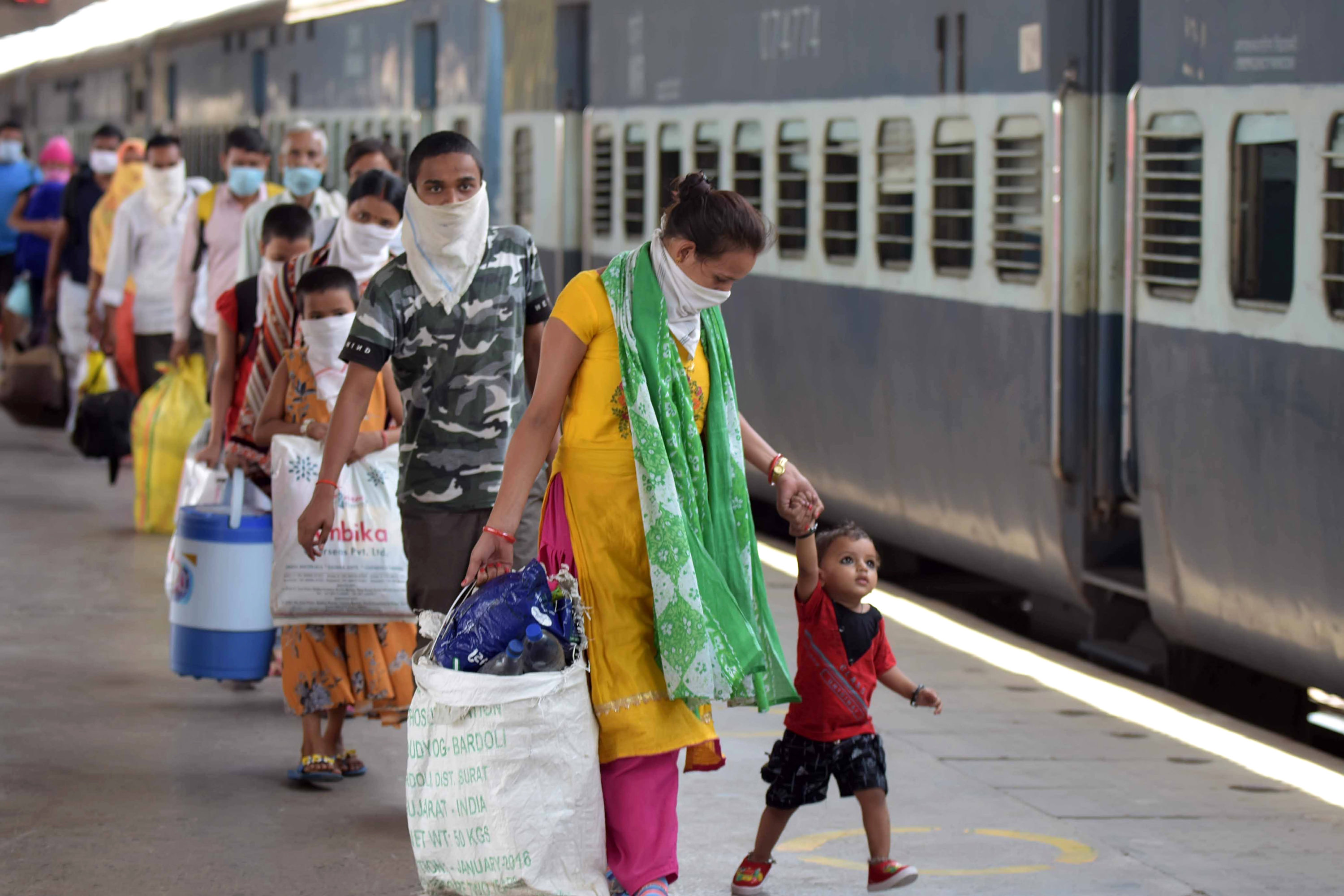Informal insurance through family members and temporary migration are among the most important ways that individuals in low-income countries mitigate economic shocks. Covid-19 makes these traditional means of informal insurance socially costly. Temporary or permanent migrants respond to the negative economic shock of the pandemic by returning home to co-reside with family members and risk spreading the virus to their families and their home villages. Research is needed to determine the extent to which temporary migrants are returning home and whether they are transmitting the virus from “hot spots,” allowing us to quantify the costs of relying on informal insurance networks during the pandemic. Research will also inform how formal insurance by policymakers can substitute for informal networks and whether such policies can reduce reliance on return-migration and co-residence with family members, mitigating the spread of the virus.
Additionally, changing co-residence patterns in response to the Covid-19, as well as the large, negative economic shock, are likely to affect the status of women, who may now be living with in-laws or other extended family members. Thus, the study also aims to examine how these changing patterns affect the welfare of women and domestic abuse by husbands and/or their family. Understanding the extent of abuse in survey data is particularly important because the lockdown due to the pandemic is likely to exacerbate pre-existing underreporting of domestic violence. Furthermore, understanding the degree to which changes in domestic violence are due to changes in husband’s behavior (for example, due to increased stress) vs. changes in co-residence patterns (such as now living with in-laws) is vital for understanding what policies can prevent domestic violence. If the latter is the case, policies that reduce reliance on informal insurance networks may have the positive, unintended consequence of reducing domestic violence.
Prior to the pandemic, the project team was in the process of launching a survey on dowry and migration in India. Following the pandemic, they have re-designed this survey to be a 20-minute phone survey, which will be conducted in partnership with IDInsights. As the existing survey will already collect detailed data on family structure, household socioeconomic status, and migration, re-surveying this population in the future with more Covid-19related questions will allow us to assemble an unusually rich (for a phone survey) dataset on how and why family structure and co-residence patterns have changed in response to the pandemic, with observations over two periods of time. They are writing to request funding for a follow-up, Covid-19-motivated phone survey with the same population that will be surveyed in our dowry and migration survey.
The first survey will be conducted with an adult male or female household member with married children, who will be asked about the migration patterns, current and past co-residence, and education of his male children, as well as detailed questions about one male child’s dowry payments. For the second survey, the reserach team will pilot whether it is better to ask a female or male respondent (and how best to ask these questions) about the status of women in the household. If possible, the second survey will be conducted with a randomly sampled co-resident woman, who will be asked questions about her position in the household (and how it has changed), access to resources, and –upon appropriate piloting –domestic violence, as well follow-up questions on whether and why co-residence patterns in the household have changed.
